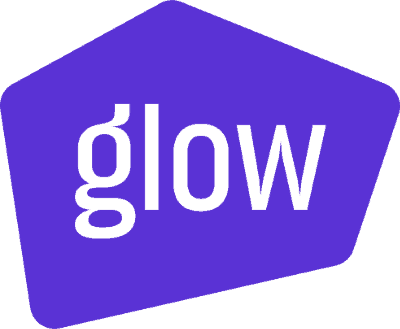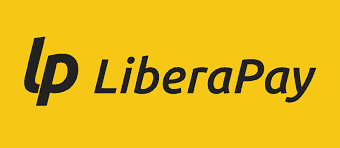Patreon alternatives for podcasters

Last updated on November 7th, 2019
Patreon was first to market to allow anyone to accept recurring donations, and it has garnered many users. But pricing has gone up and has become more complex. For instance, if you want to offer multiple membership tiers, Patreon’s cut goes up from 5% to 8%. You can check out the details of their pricing here. For the podcasters today, there are a few different monetization routes apart from ads and there are alternatives to Patreon for donations and subscriptions.
As a podcaster today, you have quite a few more alternatives to Patreon than you did 6 months ago. As podcasting explodes, so do the tools available to podcasters. Luckily I’ve been keeping tabs on them, and in this article I’ll give you a run-down of everything out there. I’ve listed everything I consider to be “Patreon-like” for podcasters.
I’ve included services that specialize in private feeds, donations, and both; and noted these differences by putting the type of service in parentheses.
Without further ado, here they are in alphabetical order and by type.
Glow (donations + private feed)

Glow is a service for podcasters that lets you accept listener donations for free, or offer exclusive content for a $0.55 per listener per month, plus transaction fees.
A neat thing Glow offers is a 1-tap subscribe for some iOS podcast players. Payment is handled through Apple Pay and Google Pay.
Podfan (donations + private feed)

Podfan is a new service that lets you set up a free, customizable page for each podcast, and offer recurring memberships with no cut taken. You’ll only be charged transaction fees. You can also offer member-only episodes on Podfan for a flat fee of $0.30 per member per month, with no hosting charges.
Full disclosure: I am the developer who built Podfan, because it seemed like weren’t enough good options for podcasters. Be sure to send me your feedback if you try it out!
Supercast (private feed)

Supercast is a new private feed distribution service in the early stages. At time of writing you have to request an invite. There is no pricing posted, but it appears it will handle payment through Apple Pay and Google Pay. Supercast promises rich analytics, and protection against “feed fraud”.
Other private feed services
There are other private feed services out there as well. Services like Breaker Upstream, Brew.com, and MyLibSyn all require special podcast apps. This seems like a dealbreaker for podcasters, because requiring your listeners to download a special app is a big ask. It provides protection against private feed sharing, but it’s probably a large enough barrier-to-entry that many listeners won’t bother.
A service called Supporting Cast promises easy private feed subscription but is more restrictive, and doesn’t allow just anyone to sign up. You have to submit audience size and wait to be contacted.
Now, let’s get to the donation platforms.
Buy me a coffee (donations)

Buy me a coffee does one thing and does it well – allowing users to set up a page quickly and accept one-time or recurring payments for a 5% fee. If you want, you can opt to pay the processing fee, which I assume will subtract the fee from your earnings instead of adding it on to what the donor pays. You can choose from varying amounts for what a “coffee” costs, but you can’t set your own price. You can also change “coffee” to something else. Payments are handled through Stripe and PayPal.
Flattr (donations)

Flattr is a service which sort of reverses the support process. Donors first add a credit card, and decide how much they want to contribute per month. Then donors can quickly and frictionlessly support any users who have set up Flattr, and their contribution is divided among the users they support.
Flattr’s fees are a bit heavy. 5% for Flattr, 5% for MangoPay, which handles credit cards, and a $3 fee when you, as a recipient withdraw your money.
Ko-fi (donations)

Ko-fi provides users with their own url and a slick, modern website where they can post images to a gallery and write public posts. The cool thing about Ko-fi is you can accept one-time donations without any charge from Ko-fi.
However, if you’d like to accept recurring payments and create member only content , you’ll need to upgrade to gold, which is a $6USD/month flat fee. This could be advantageous for creators with lots of fans, but keep in mind Ko-fi does not have the ability to distribute a member-only podcast feed. Ko-fi uses PayPal and Stripe.
LiberaPay (donations)

LiberaPay is a “no frills” open-source donation platform, run by a non-profit organization. Donors choose from a variety of recurring donations amounts like “symbolic”, “small”, “medium”, “large”, or a custom amount. Donors can also choose the frequency – weekly, monthly or yearly.
As a recipient, you can provide an avatar and a “statement”. LiberaPay supports donations to individuals, communities and more. Payment is supported by PayPal and Stripe.
Conclusion
That about wraps it up. I hope I’ve helped you discover the service that’s right for you. If I’ve missed any good ones, please add them in the comments. Happy podcasting!













Comments
Comments are closed.